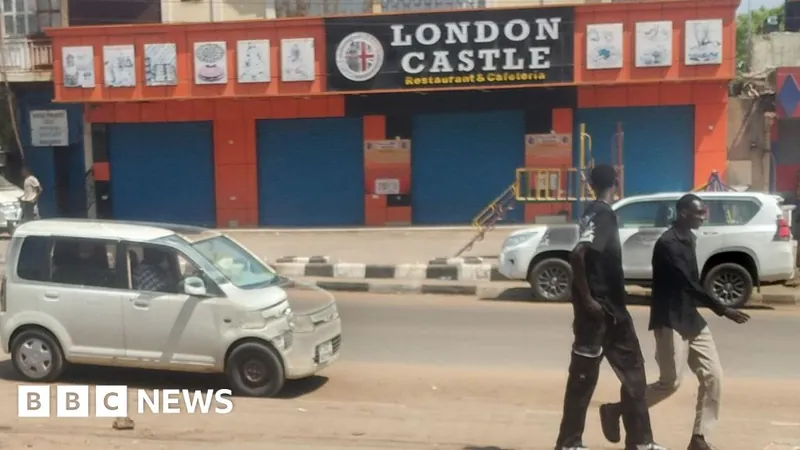
South Sudan Declares Curfew Amid Rising Tensions Following Attacks on Sudanese Communities
2025-01-18
Author: Sophie
Introduction
In a bid to restore order, South Sudan's President Salva Kiir has urged citizens to remain calm and refrain from vigilante actions following a concerning wave of violence directed at Sudanese-owned businesses and residences. This turmoil has erupted in the capital, Juba, and the north-western town of Aweil, leading to the deaths of three individuals and injuries to seven police officers during violent confrontations.
Violence and Curfew Imposition
Reports indicate that several homes belonging to Sudanese nationals have been set ablaze in Aweil, escalating fears and tensions within the community. To mitigate these conflicts, authorities have imposed a strict dusk-to-dawn curfew, restricting movement from 6 PM to 6 AM local time. This decision aims to curb any potential threats to public and private properties, according to Inspector General Abraham Manyuat Peter.
Protection of Sudanese Traders
Amidst these chaotic events, police managed to safeguard 45 Sudanese traders who are currently seeking refuge at a Juba police station. These actions come against the backdrop of a humanitarian crisis in Sudan, where ongoing civil conflict has forced countless individuals to seek safety in South Sudan since the outbreak of violence between warring factions began in April 2023.
Humanitarian Crisis in Sudan
The United Nations estimates that nearly half of Sudan’s population, approximately 25 million people, are in desperate need of food and humanitarian assistance. Graphic footage has surfaced showing alleged Sudanese soldiers committing atrocities against South Sudanese civilians. President Kiir condemned these acts as heinous crimes and called upon the Sudanese government to act decisively to protect any South Sudanese nationals caught up in the crisis.
Historical Tensions
Historical tensions further complicate the situation, as darker-skinned individuals in Sudan often report systemic racism and targeted violence from lighter-skinned Arab fighters. The legacy of these racial and ethnic divisions can be traced back to previous conflicts, complicating the fragile relations between the two nations.
Youth Retaliation and Further Unrest
In response to emerging videos that showed violence against their ethnic group, many South Sudanese youths have taken to the streets to retaliate, attacking Sudanese-owned establishments in Juba and other regions. The unrest led to multiple reports of gunfire as security personnel attempted to maintain control. The atmosphere remains tense, with businesses in key areas, including Juba's largest market, Konyo Konyo, shuttered as owners brace themselves for further unrest.
Widespread Protests
In Wau, South Sudan’s second-largest city, hundreds of enraged youths targeted businesses in a popular market that caters to Sudanese owners. Law enforcement responded with live ammunition fired into the air to disperse crowds trying to loot shops. Resistance is not limited to Juba, as spontaneous protests against perceived injustices erupted in other towns like Tonj, a significant area for President Kiir's support base.
Conclusion
As the situation continues to unfold, South Sudanese authorities are under pressure to safeguard their population while navigating the socio-political complexities of their relationship with Sudan. The international community watches closely, urging for a peaceful resolution to the crisis and an end to the violence that has marred both nations.

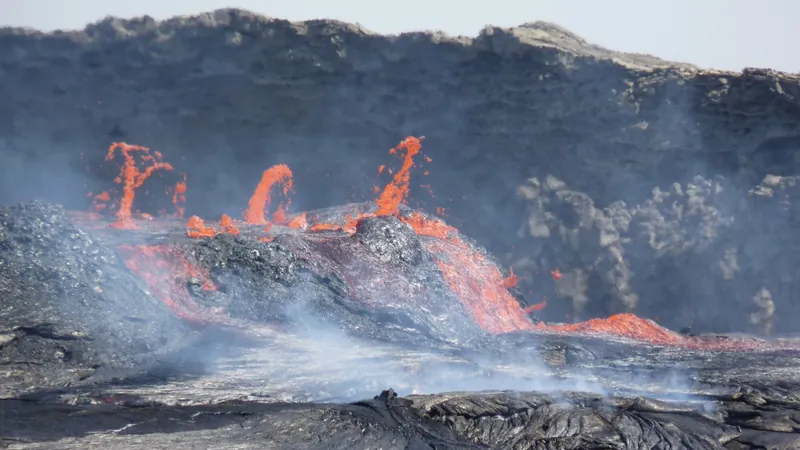
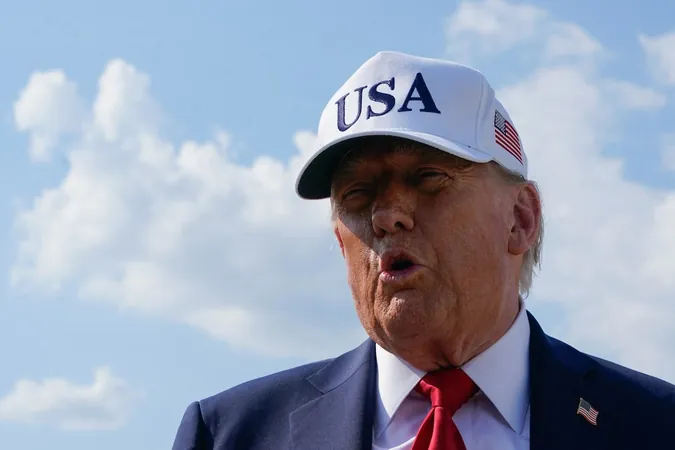

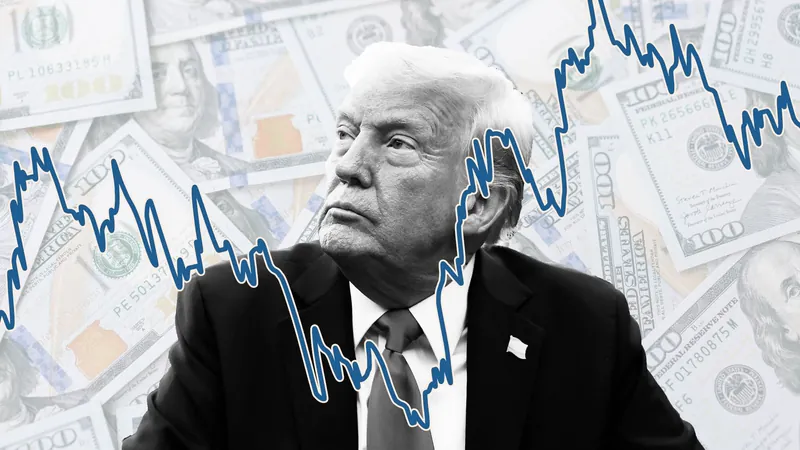
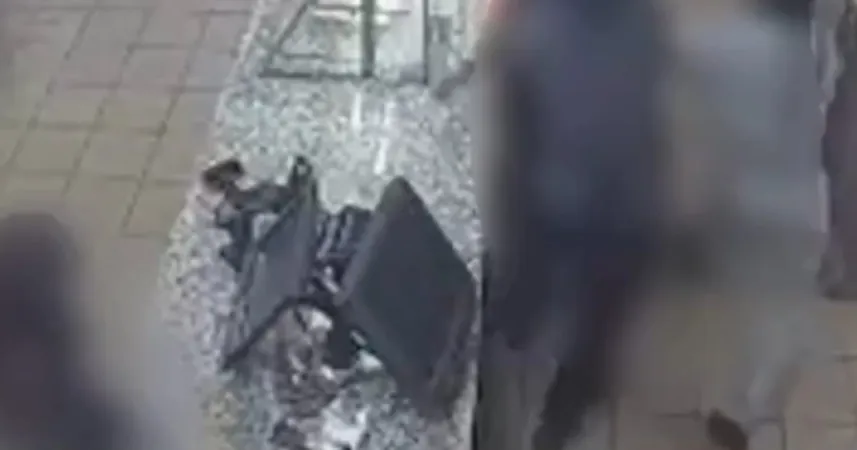


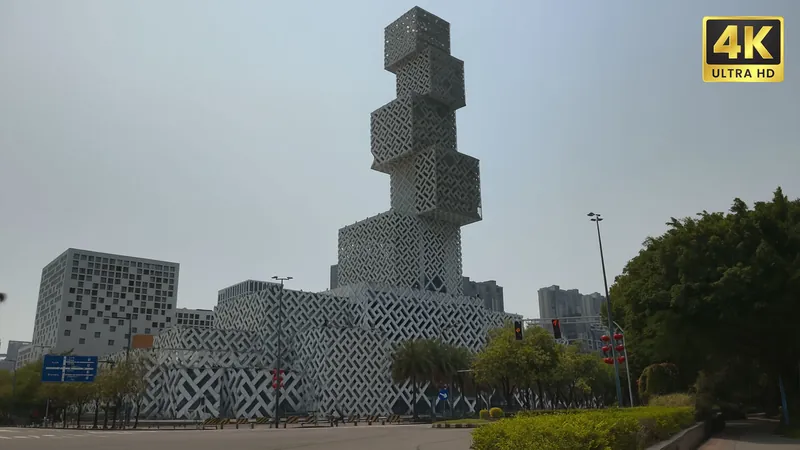
 Brasil (PT)
Brasil (PT)
 Canada (EN)
Canada (EN)
 Chile (ES)
Chile (ES)
 Česko (CS)
Česko (CS)
 대한민국 (KO)
대한민국 (KO)
 España (ES)
España (ES)
 France (FR)
France (FR)
 Hong Kong (EN)
Hong Kong (EN)
 Italia (IT)
Italia (IT)
 日本 (JA)
日本 (JA)
 Magyarország (HU)
Magyarország (HU)
 Norge (NO)
Norge (NO)
 Polska (PL)
Polska (PL)
 Schweiz (DE)
Schweiz (DE)
 Singapore (EN)
Singapore (EN)
 Sverige (SV)
Sverige (SV)
 Suomi (FI)
Suomi (FI)
 Türkiye (TR)
Türkiye (TR)
 الإمارات العربية المتحدة (AR)
الإمارات العربية المتحدة (AR)